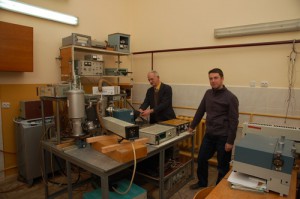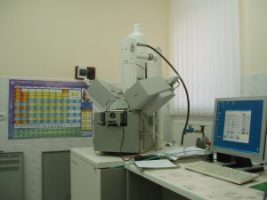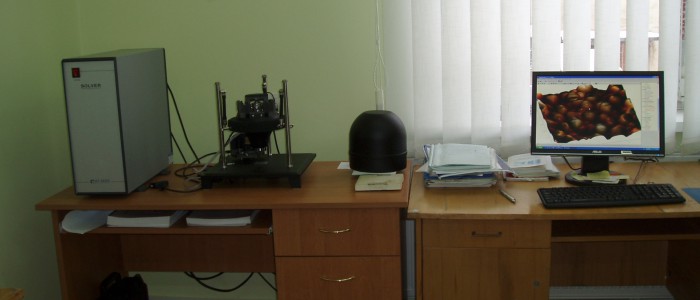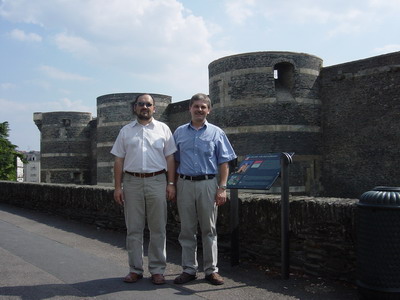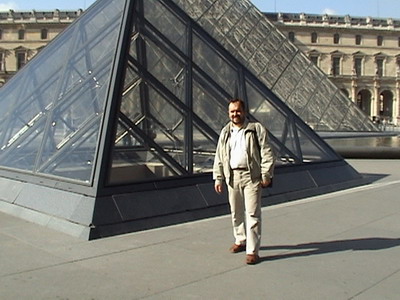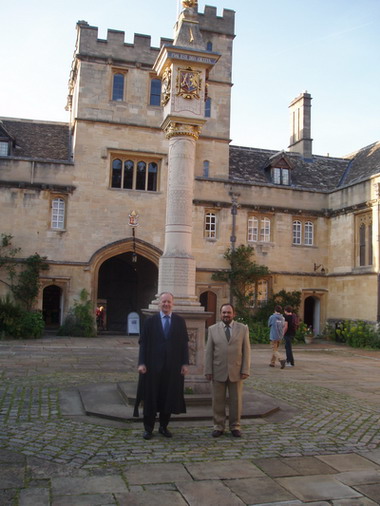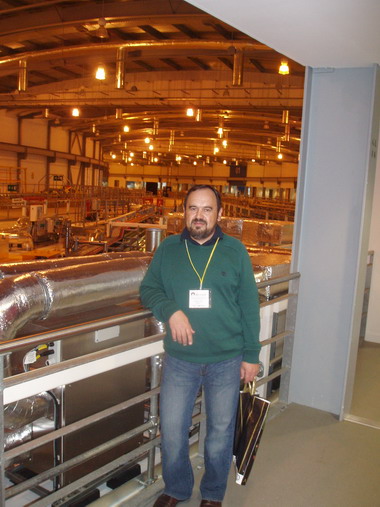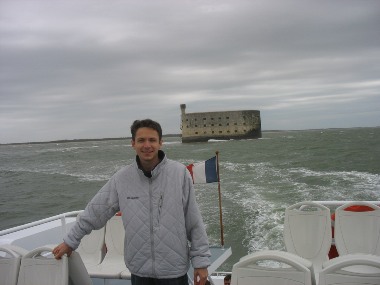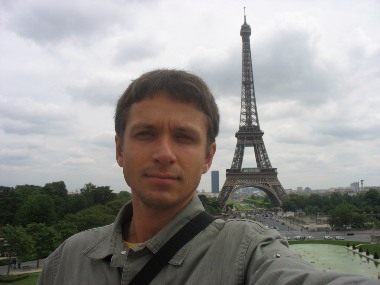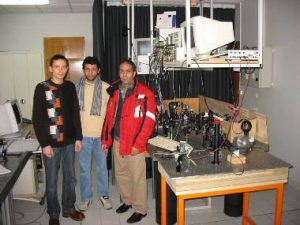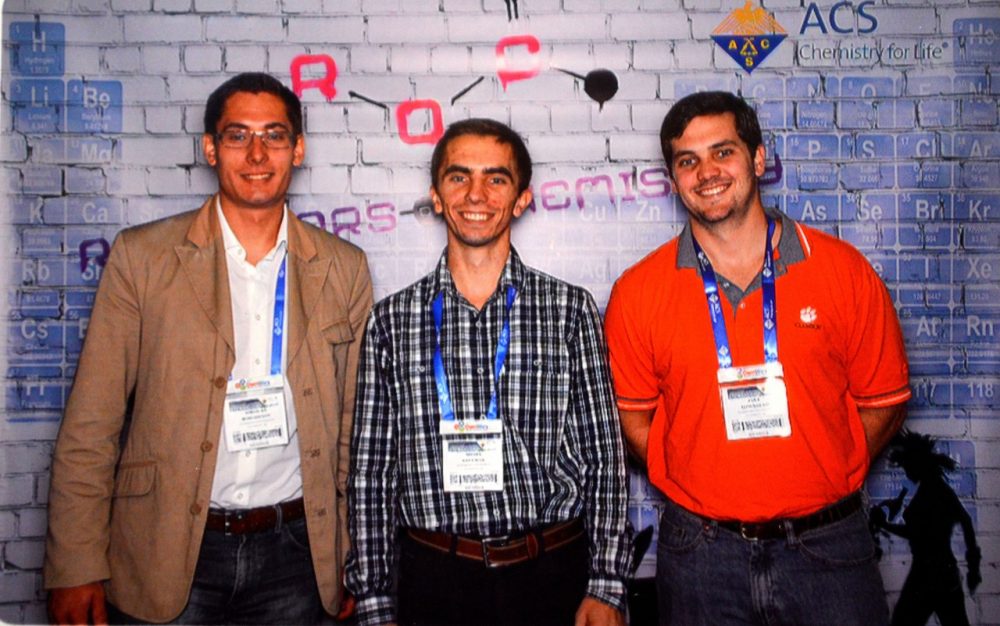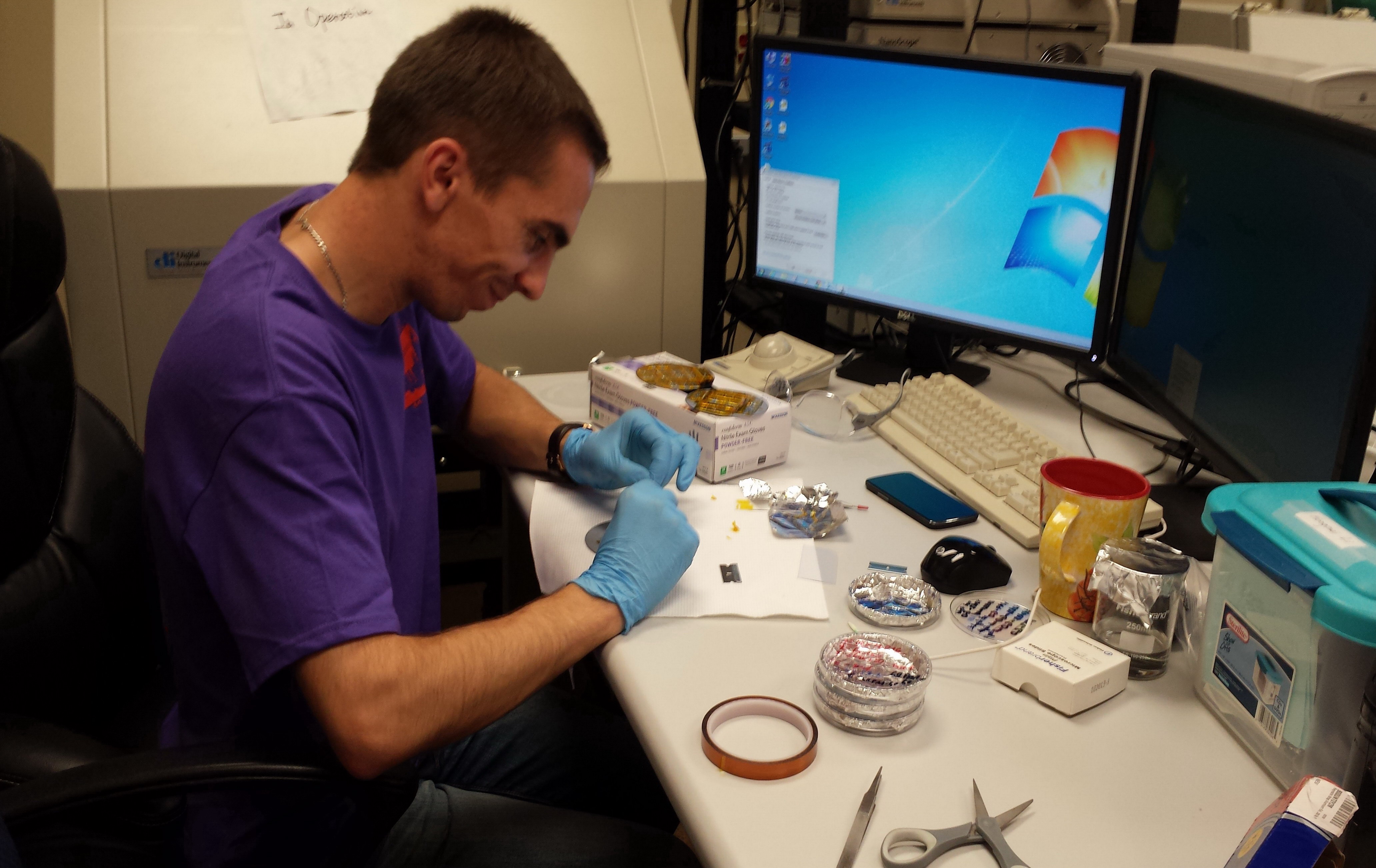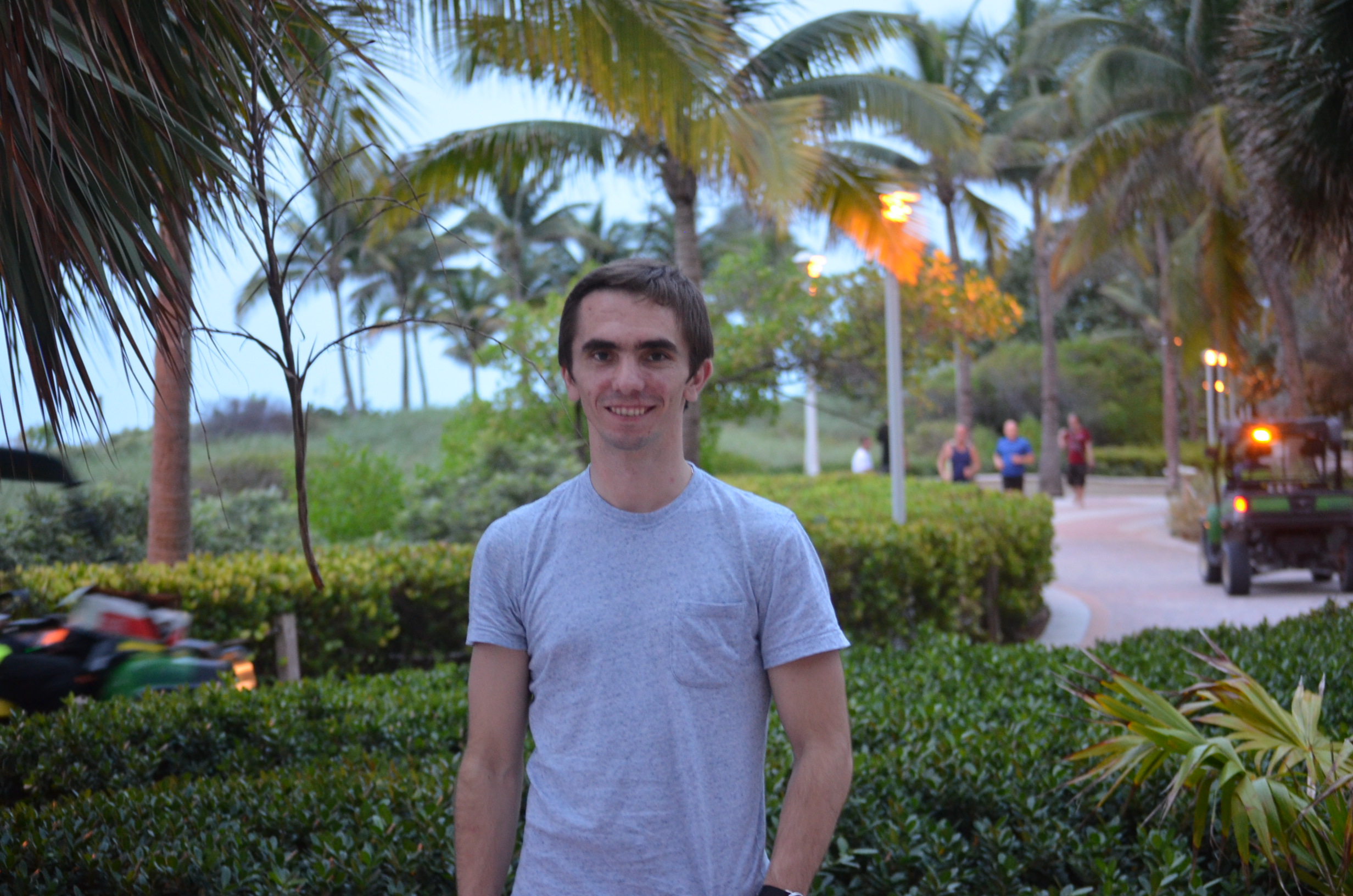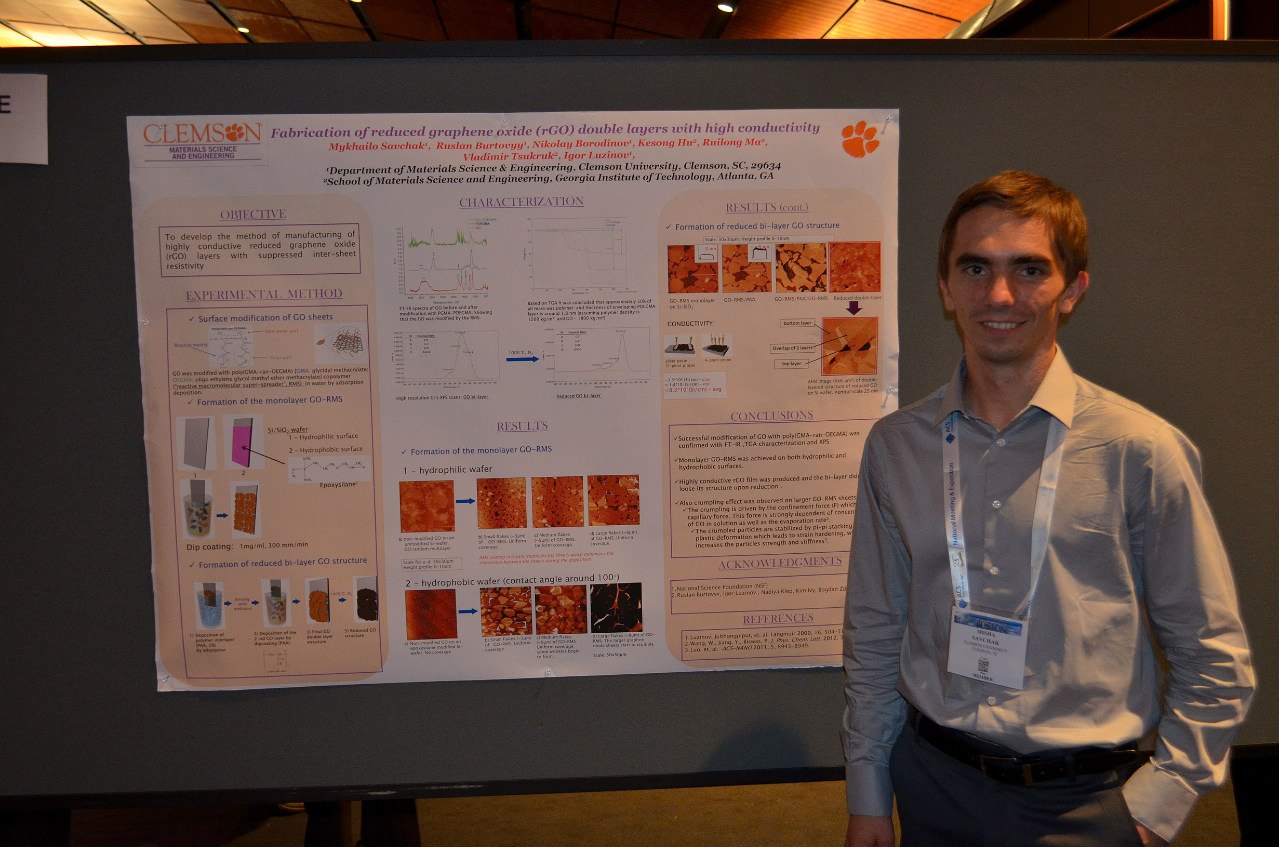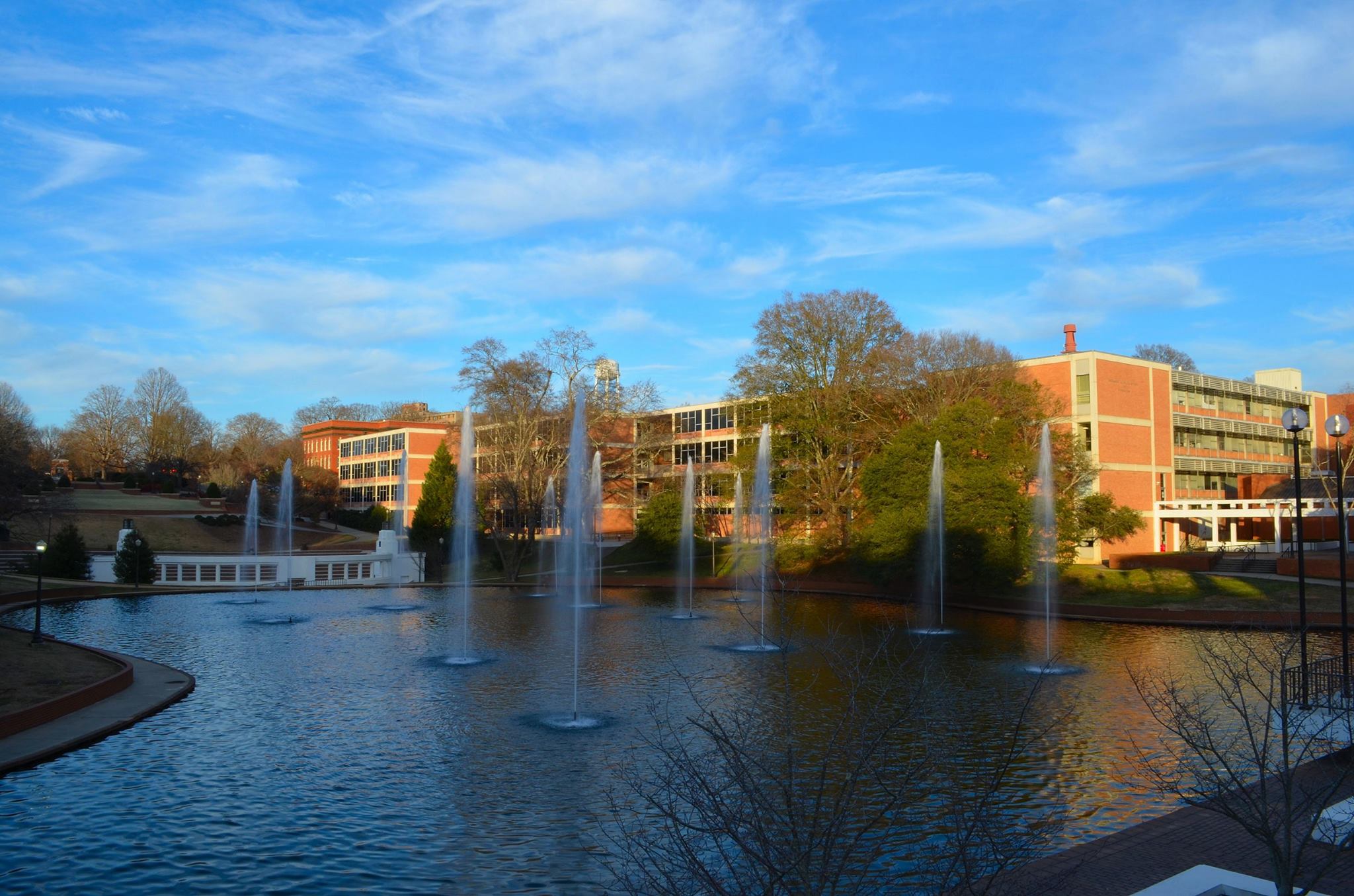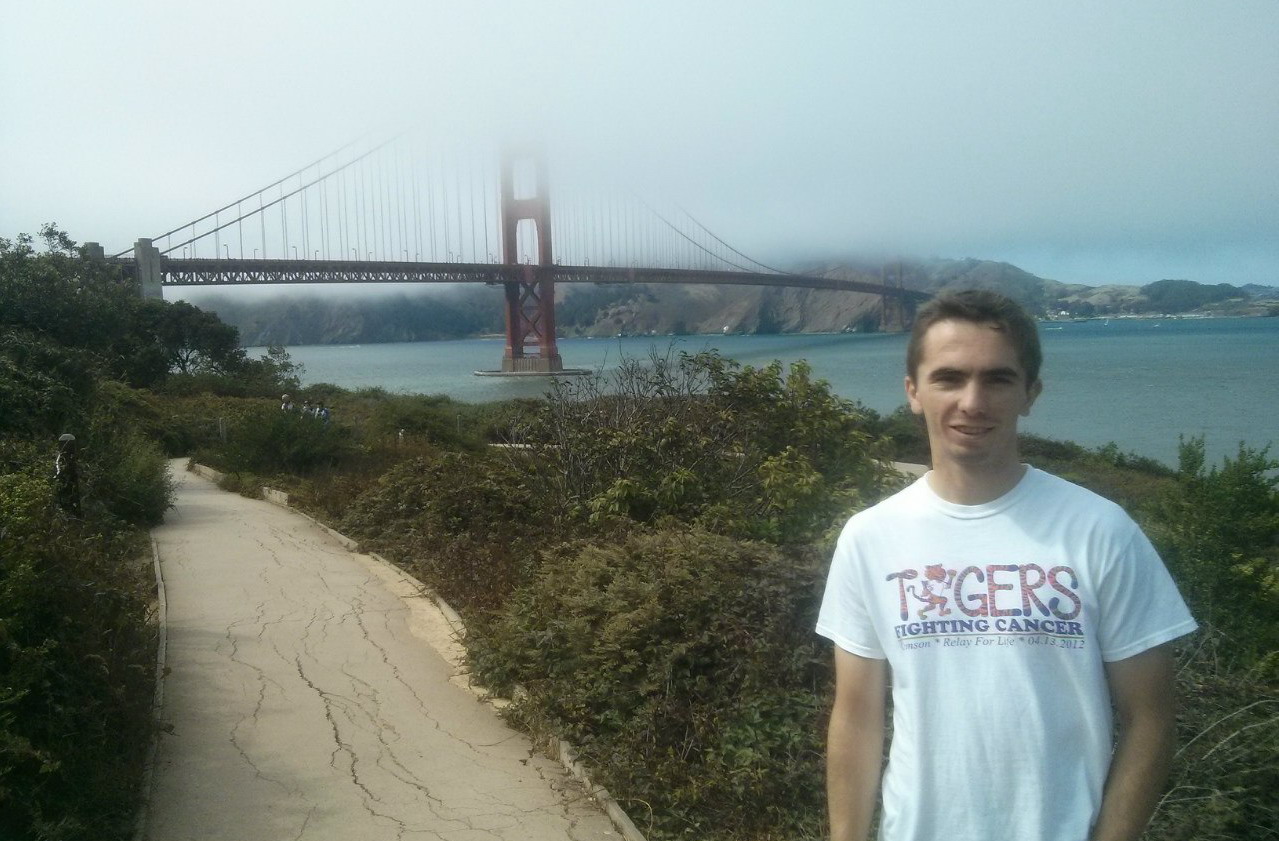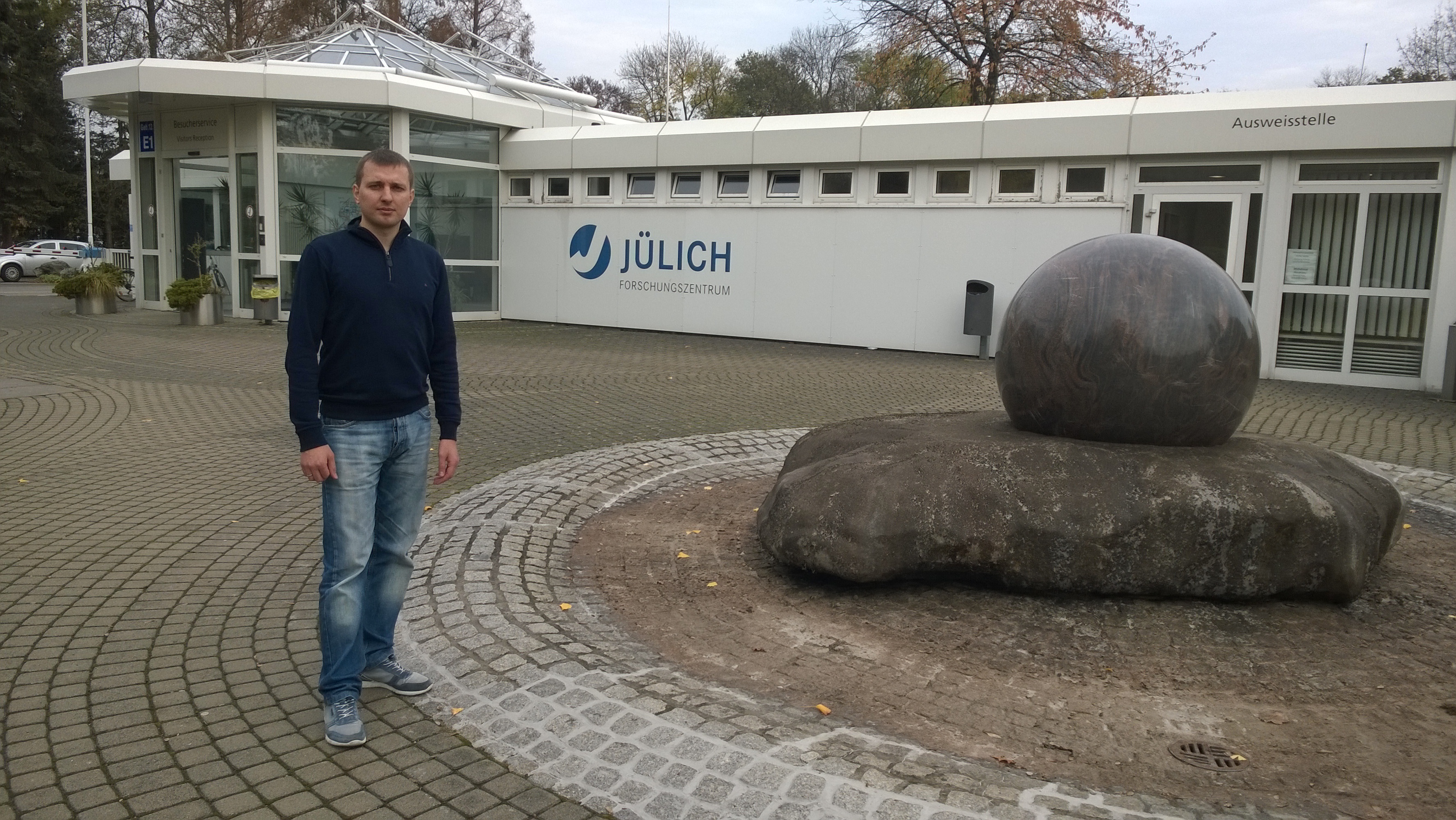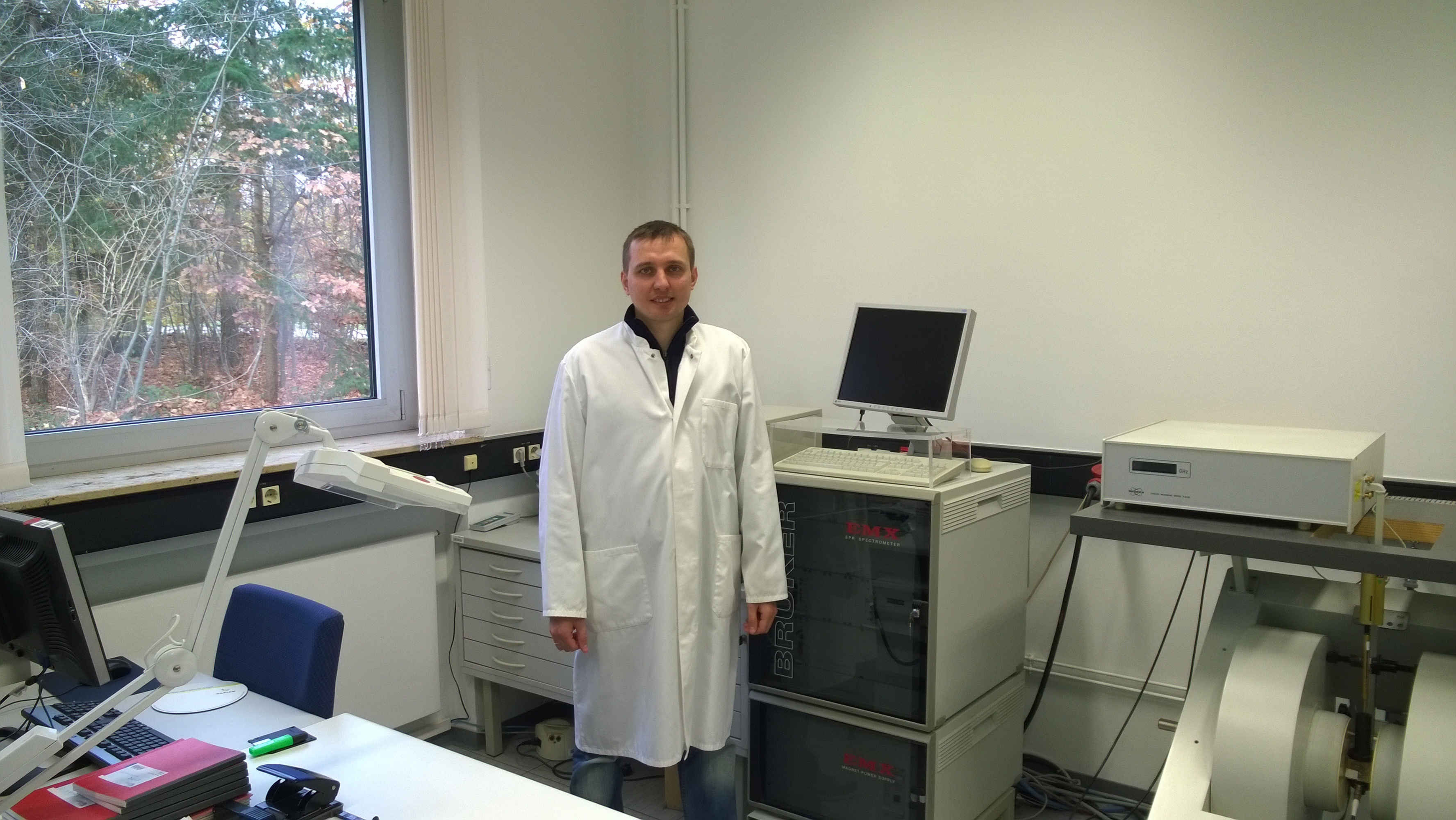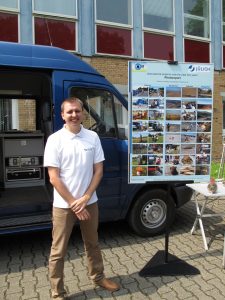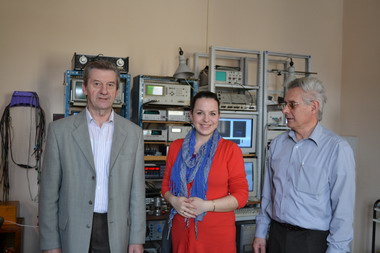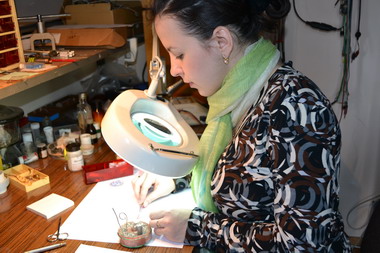About the Department of Solid State Physics
Brief history
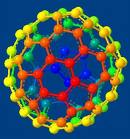 The formation and the beginning of the scientific activity of the Department of Solid State Physics began in 1958-64. The department was headed then by A. Glauberman.
The formation and the beginning of the scientific activity of the Department of Solid State Physics began in 1958-64. The department was headed then by A. Glauberman.
The department provided training for students in the specialties of solid state physics and physics of metals and delivering the courses in solid state physics, physics of metals, physics of semiconductors, material science, physics of crystals, X-ray structural analysis, etc. The department had training laboratories in metal science, growing semiconductor crystals, X-ray diffraction analysis, physics of melts, physics of semiconductors and others.
The department had two problem laboratories, which in 1961 were united to form the Problem Research Laboratory of Growth and Study of the Physical Properties of Crystals. The department staff successfully carried on X-ray structural and X-ray spectral studies (Y. Dutchak, Y. Zakharko, O. Mykolaychuk, Y. Kavych, M. Klym), investigated solid state theory (A. Glauberman, O. Musiychuk), obtained and researched semiconductor and alkaline-halide crystals (M. Pashkovsky, A. Lyskovych, I. Savytsky, M. Tsal, R. Lutsiv, and others). In 1963 the Department of X-ray Metal Physics was formed on the basics of the Department of Solid State Physics, and in 1964 the latter was divided into the Departaments of Semiconductor Physics and the Solid State Physics.
Modernity
The Chair was created again in 2007. The head of the Departament is Professor Volodymyr Bohdanovych Kapustyanyk. The staff of the Departament: doctor of physical and mathematical sciences, Professor Kapustyanyk V.B, Candidates of physics and mathematics, associate professors Bovhyra O.V., Tuzyak O.Ya., Eliashevsky Yu.I., Turko B.I., Grechukh T.Z., Kovalenko M.V.
Educational disciplines
Today the Department prepares specialists in physics of disordered systems and physics of nanostructures. Teachers of the Department deliver courses in nuclear physics, low temperature physics, physics of dielectrics, physics of ferroics, applied spectroscopy, programming and mathematical modeling, semiconductor physics, thermodynamics and statistical physics, microscopy of nanoscaled objects, physics of nanoscaled objects, computational methods in solid state physics, experimental methods in solid state physics, structure of disordered systems, phase transformations in solids, and others. The Departament works on the experimental basis of the Scientific-Technical and Educational Center of Low Temperature Studies. There are training laboratories in physics and technology of nanostructures, physics and technology of low temperatures, electron diffraction, electron microscopy, absorption spectroscopy, photoluminescence, physics of ferroics.
Conferences
The staff of the Department, postgraduates and students take part in the organization and direct participation in the annual International Conference of Students and Young Scientists in Theoretical and Experimental Physics “Evrika”, and also take part in the different International Scientific Conferences in Ukraine ( “Nanotechnologies and Nanomaterials”, «Low Temperature Physics», «Lashkarev readings», Electronic Processes in Organic and Inorganic Materials “ICEPOM”), and abroad (Republic Poland, Rumania, France, Germany, USA) .
Compliance with modern requirements
There are a number of requirements for modern physicists in the world. Absolutely necessary is the perfect possession of the physical and mathematical apparatus, ability to work with complex physical equipment, to have skills in using computer technology, knowledge of the English language. All of these knowledge and skills are acquired by students of the physical faculty specializing in Applied Physics (specializations “Nanophysics and nanomaterials” and “Computer Technology in Applied Physics”). In addition, students gain knowledge and skills in the field of IT technologies and programming. With the students of the first year, free individual work is being conducted to adapt to university studies. Nonresident students are provided with a hostel.
Material and technical base of the of Solid State Physics Department of Physical Faculty:
- The department works on the modern experimental base of the Scientific-Technical and Educational Center of Low Temperature Studies, which includes a complex of modern equipment for the study of optical-spectral and electrical properties of materials, starting with the temperature of liquid helium (4.2 K), technological equipment for the creation of nanostructured materials, and modern devices for visualizing the structure and studying the properties of nanomaterials.
- Computer classes, a local computer network with Internet access (Wi-Fi).
Graduate school
Postgraduate study at the department is for 105 specialty – “Applied Physics and Nanomaterials”.
Students and post-graduate students have the opportunity to master modern methods of physical research at high level, to practice at both the Scientific-Technical and Educational Center of Low Temperature Studies, as well as in other universities and research centers of Ukraine: Institute of Physics of National Academy of Sciences of Ukraine (Kyiv), Institute of Physics of the Condensed Matter (Lviv), Institute of Physics of Semiconductors of the National Academy of Sciences of Ukraine (Kyiv), Physical-Technical Institute of Low Temperatures of the National Academy of Sciences of Ukraine (Kharkiv), Institute of Applied Problems of Mechanics and Mathematics of the National Academy of Sciences of Ukraine (Lviv), Scientific and Production “Karat” (Lviv), at Kyiv. Kharkiv, Chernivtsi, Uzhhorod, Warsaw, Oxford, and Wroclaw universities, in the Y.Dlugosh Academy. (Czenstochowa, Poland), University of Angers (France), University of Caen (France), Institute of Nuclear Researches (Lisbon, Portugal), Institute of Structural Studies of the University of Parma (Italy).
Key employers:
- Scientific-Technical and Educational Center of Low Temperature Studies
- Postgraduate study at the Ivan Franko National University of Lviv
- Postgraduate study at universities and research institutes of Ukraine and foreign scientific institutions
- IT companies
- Comprehensive schools
For more information, please contact:
Phone of the department: (032) 239-47-72
Mob tel. Head of the Department:
Kapustyanyk Volodymyr Bohdanovych +38 (097) 482-99-91
Scientific interests of the department staff
Modern scientific directions: phase transitions in crystalline ferroics, physics of multiferroics, spectroscopy of condensed state, physics and technology of nanostructures, the theory of electronic and oscillating spectra of crystalline and amorphous materials, optical properties and еnergy-band structure of crystals and nanoscaled objects, exo-electron emission, transport of low-energy electrons in dielectrics. Within ten years of the Department existence, its members have published more than 250 scientific papers, made more than 200 reports at conferences. The department has postgraduate studies in the field of Applied Physics and Nanomaterials.
International scientific cooperation
The department maintains scientific contacts with the Institute of Physics of the National Academy of Sciences of Ukraine (Kyiv), the Institute of Physics of the Condensed Matter (Lviv), the Institute of Physics of Semiconductors of the National Academy of Sciences of Ukraine (Kyiv), Physical-Technical Institute of Low Temperatures of the National Academy of Sciences of Ukraine (Kharkiv), Institute of Applied Problems of Mechanics and Mathematics of the National Academy of Sciences of Ukraine (Lviv), Scientific and Production company “Karat” (Lviv), Kyiv, Kharkiv, Chernivtsi, Uzhhorod, Warsaw, Oxford and Wroclaw universities, with the Y. Dlugosh Academy. (Czenstochowa, Poland), University of Angers (France), University of Caen (France), Institute of Nuclear Researches (Lisbon, Portugal), Institute of Structural Studies of the University of Parma (Italy).
- Prof. V.Kapystyanyk and Sen. Res. Fell. Ya. Shchur visiting inAngers University (France).
- France, Paris. Prof. V.Kapystyanyk in Louvre Museum
- England, University of Oxford. Professors G.Kraus and V.Kapystyanyk
- England, University of Oxford. Prof. V.Kapystyanyk and Synchrotron
- On probation in France.
- On probation in France
- M. Savchak оn conference in San Francisco, USA
- In Laborory Advanced Material Research (AMRL), Clemson, USA
- Miami, USA
- Poster presentation оn conference in Boston, USA
- Campus,Clemson University, USA
- San Francisco, USA
- Department of Safety and Radiation Protection, Julich Forschungszentrum,German
- Laboratory ЕPR, Julich Forschungszentrum, German
The practice of students
There are programs of academic exchange of students at the department. Graduates of the department successfully use the opportunities provided by the so-called Bologna system for the continuation / or parallel study for the master’s degree at the leading foreign universities (Stuttgart, Julich – Germany, Geneva – Switzerland, Wroclaw, Czestochowa – Poland, etc.).
- Master training Stetsyuk Ye. in Wroclaw, Poland.
- Master practice in Wroclaw, Poland.
- Master training N. Ostapenko in Wroclaw, Poland.
